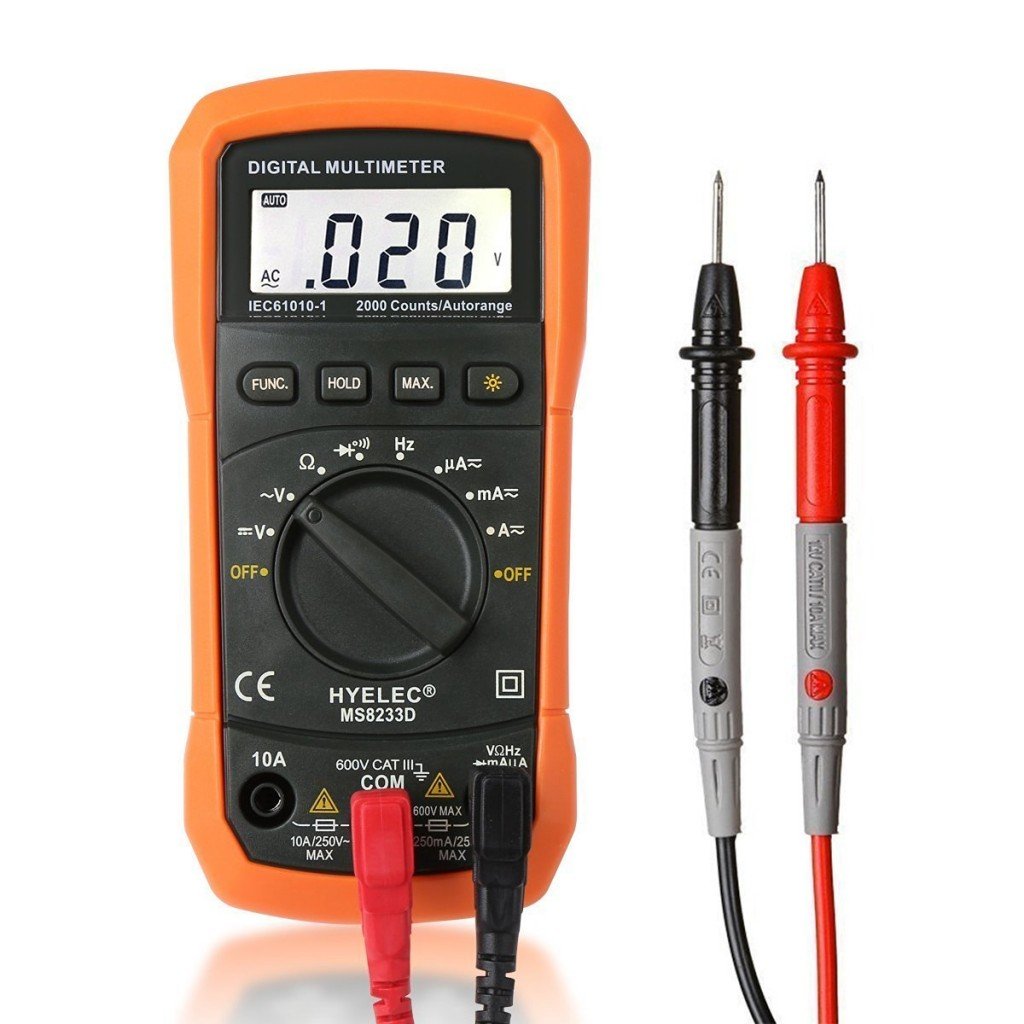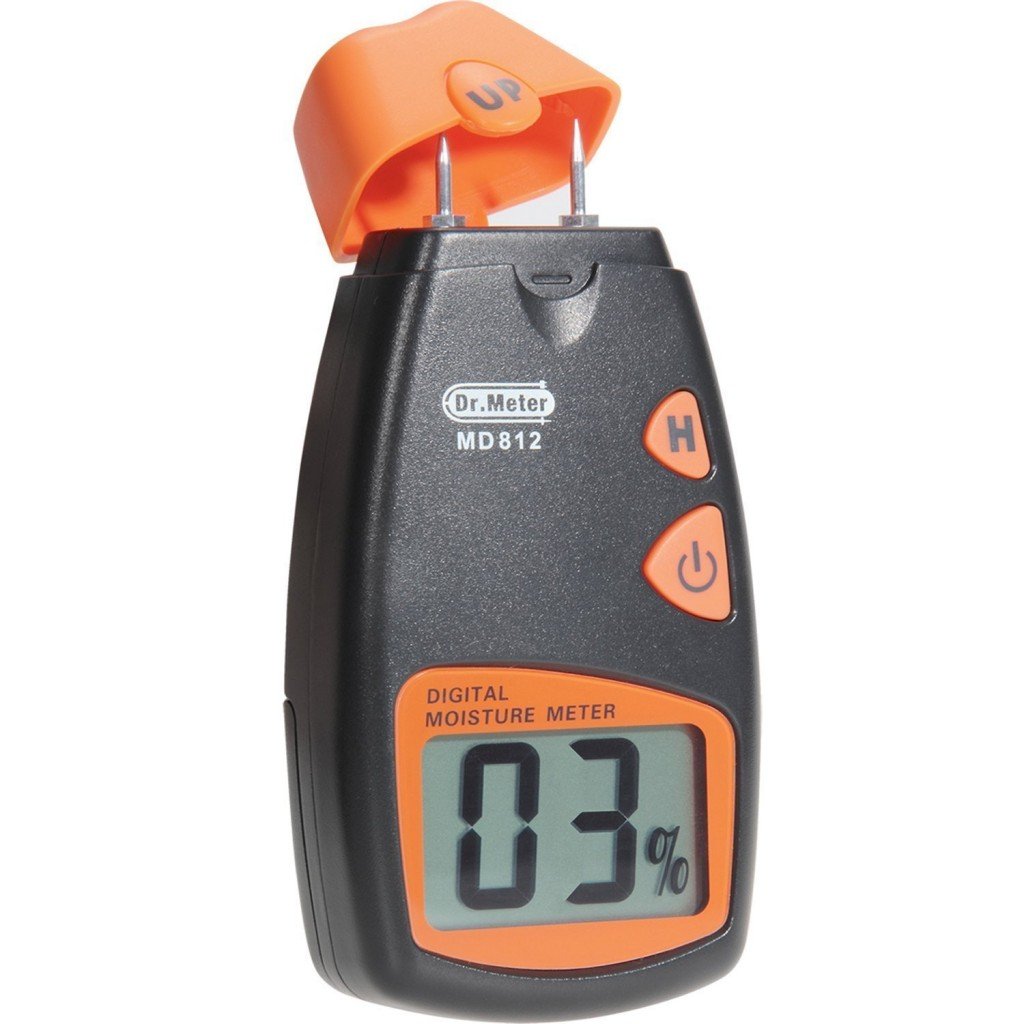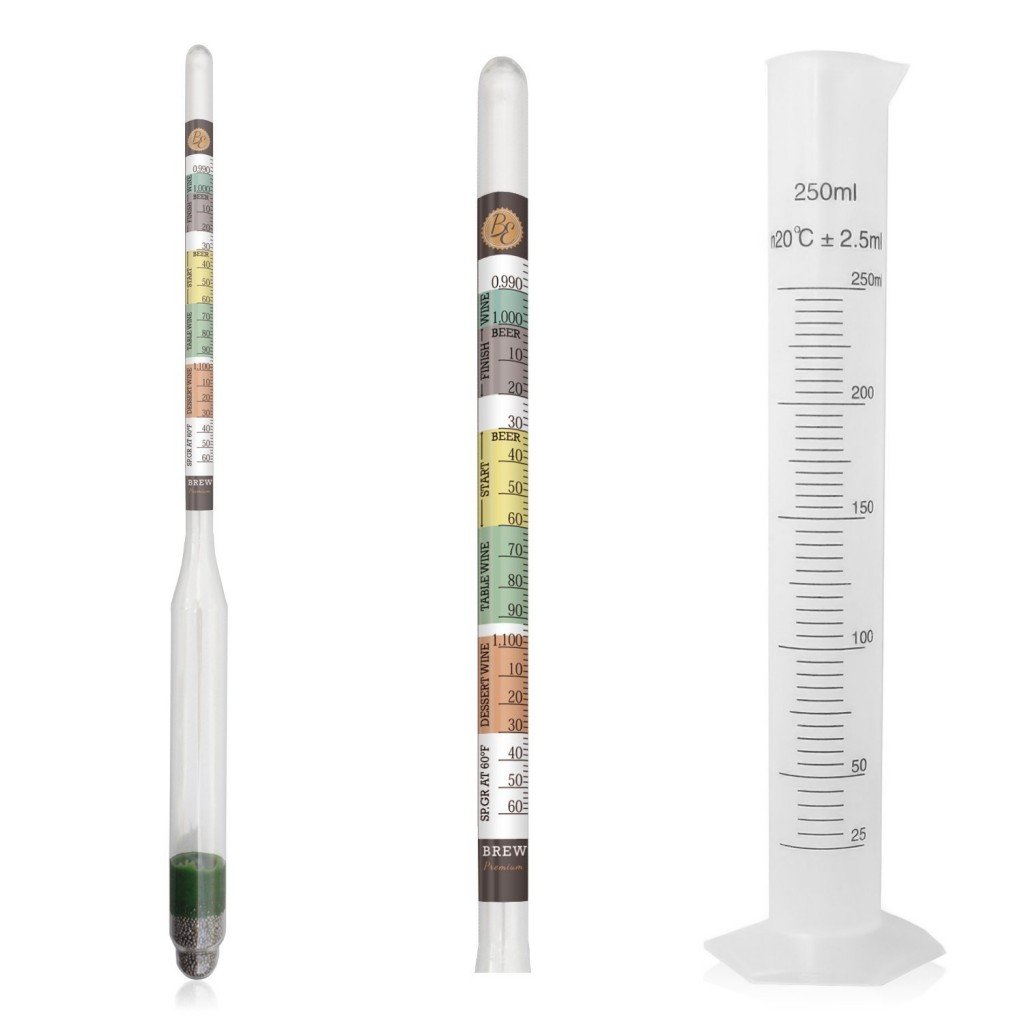Ask any seasoned homebrew/winemaking enthusiast what the single most important factor in a successful batch is, and they’ll likely answer hops, malt or yeast. And they’re right. But only partially right. The truth is, there are numerous elements which make up the process; and with more and more consumers taking up beer and winemaking each year, those processes are only going to grow more sophisticated.
The simplicity of ingredients is not enough. You’re going to need to measure such factors as sugar content, acid density, and gravity. Enter the refractometer.
The refractometer helps measure sugar content, density and concentration according to the refraction of light at illuminating a digital scale, which allows for an accurate reading. In principle, it sounds more complicated than it really is; but the accuracy of reading sugar content is simply indispensable to a quality batch.
So how to find the best brands available that won’t entail a physicist to explain?
Below are some of the top brands on the market as well as a buyer’s guide to help you know what you’re getting into.
Advanced Optics Automatic Temperature Compensation 0-32% Brix Refractometer Review
With Automatic Temperature Compensation features, an adjustment screwdriver and a padded carrying case, this easy to use tool is just as ideal for testing the sugar content of everyday fruits from your garden as much as it is your home brew/wine.
Ade Advanced Optics BCBI9177 Beer Wort and Wine Refractometer Review
Also allowing for accurate Brix and Specific Gravity readings, the ease of use make this a consummate choice for the intermediate homebrewer.
Vee Gee Scientific BTX-1 Handheld Refractometer Review
With a brighter prism allowing for precise readings (including Brix) and a durable build, this professional grade instrument is probably the most accurate refractometer we’ve seen in a non-professional price range.
Anpro Brix Refractometer Review
The only downside is the need for frequent recalibration and constant cleaning between use (the prism coatings themselves are temperamental.)
But given the ease of use and affordability, these are small gripes and ones that can be overlooked by simple care.
Refractometer Buying Guide – How to find the best meter for your needs
Despite the daunting and esoteric language in the available literature on refractometers, it’s a fairly straightforward process once you understand it. As opposed to the more traditional hydrometer, it’s considerably less wasteful; you only need two or three drops as opposed to an entire jar. It’s also a much more accurate reading – particularly if you’re attempting a low ABV batch.
A good place to start is to understand that alcohol content skews the reading radically, so under no circumstances should you test your sugar dissolution after fermentation. Also, understand that while many manufacturers offer digital models (which are unquestionably the most accurate) these can easily cost you upwards of $180.
Shop around. Bear in mind that these aren’t just nifty little high-tech gadgets to play with. They’re designed for efficiency and measurement.
Design: While many manufacturers offer a dual Brix/Specific Gravity (SG) reading format, you may find yourself with no other option than Brix (which is primarily for winemakers) only. Luckily, there are numerous software tools online that can convert Brix into SG for you.
Automatic Temperature Compensation (or ATC) is another useful feature to have, as environmental and temperature factors can skew the reading.
Price: You can find refractometers for as low as $10.99. You’ll also find that you’ll need to replace them after your third batch once the readings become laughably unreliable or need an advanced degree in mathematics to make heads or tails of them.
You can find good starter candidates starting as low as $29.99 while professional grade instruments can easily start at $169.99. Always take your own needs into account. This is, after all, homebrew and winemaking; and it’s as much an art as it is a science.
Accuracy: Despite seeming like a lab tool, most refractometers are pre-assembled. A sample of no more than 3 drops should be sufficient for an accurate reading.
The vast majority of consumer models are easily calibrated, and so long as you treat it like it actually is (a scientific tool,) you should be able to rely on yours for several years; if not more so.







